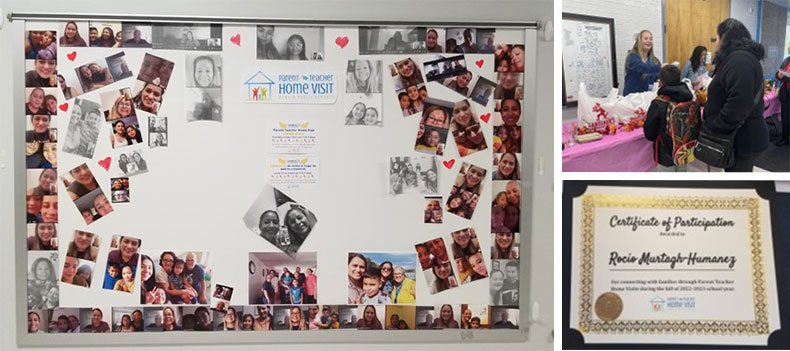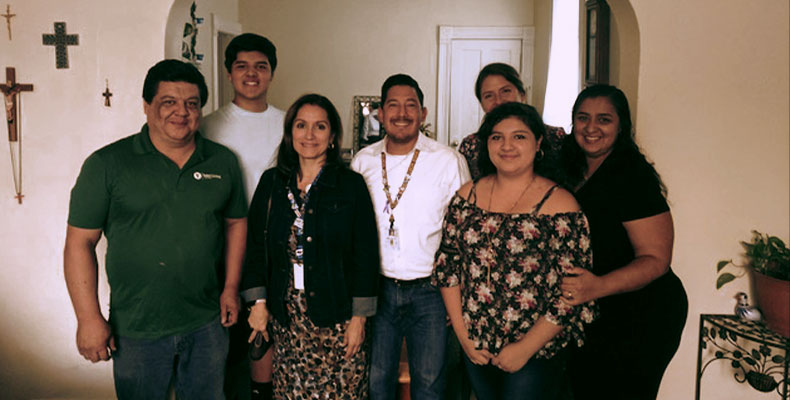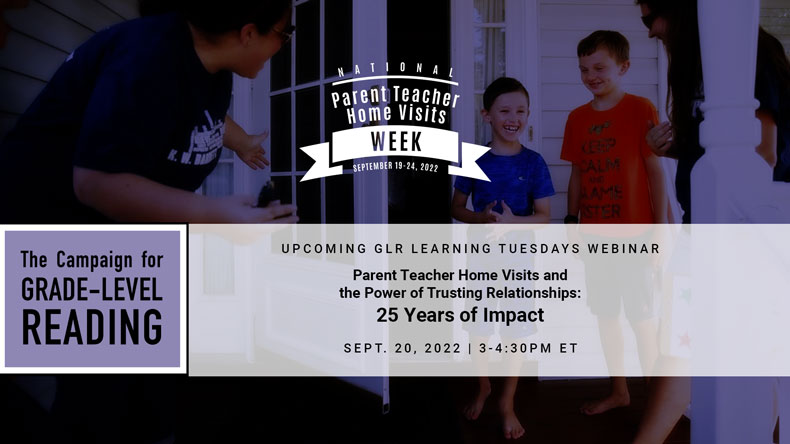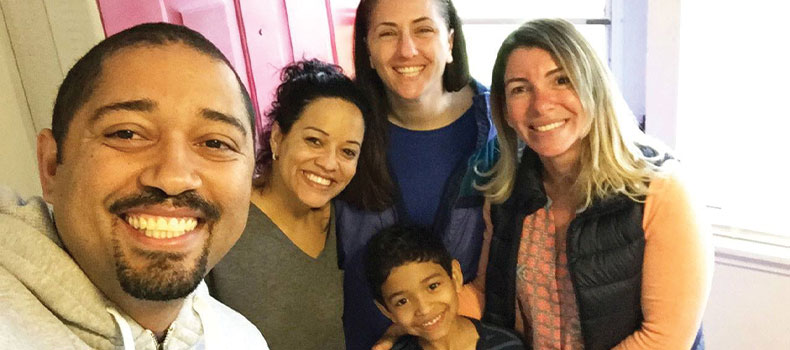Three Keys: How Leadership, Training, and Storytelling Launched PTHV into a National Movement As PTHV celebrates its 25th anniversary, we are taking some time to reflect on key turning points in our history. Today, we look back on the home visit pilot project that took place in eight schools in Sacramento, California, and that launched the relationship-building […]









